The White Valentine's Day (March 14) gift market has dropped to one-third of what it was 10 years ago, despite the holiday's origins in Japan.
Once created for commercial purposes, White Valentine's Day in Japan is slowly fading away along with the culture of giri choco, the term for chocolate gifts given on Valentine's Day.
A survey by career consulting firm Laibo of 520 people aged 20-59 found that 90% no longer maintain the culture of giving chocolate to colleagues. White Valentine is an occasion for Japanese men to receive gifts, but 70% said they do not want to receive them. The concept of being forced to give and receive chocolate is considered annoying.
Data from the Japan Anniversary Association shows that the gift market, estimated at $496 million in 2014, has been declining year by year, to $163 million in 2021.
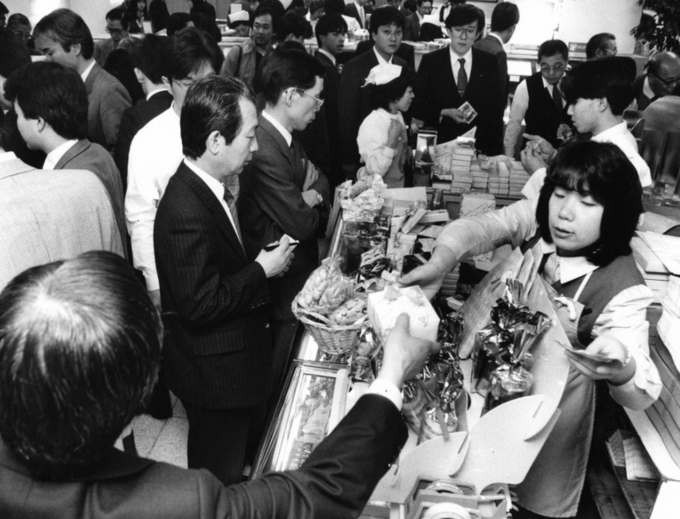
A crowded department store on White Day in Tokyo in 1988. Photo: Mainichi
Meanwhile, companies are still working hard on White Day sales campaigns, emphasizing the message that Japan has a culture of returning gifts.
In fact, social networks do not have many posts showing consumers' interest or concern when choosing White Valentine's Day gifts like on Valentine's Day February 14.
White Day originated as Marshmallow Day, established by a Fukuoka-based candy company in 1970. In the 1980s, the Japan Confectionery Industry Association promoted the event nationwide as a day for people to give candy in return for the chocolate they received on Valentine's Day.
However, Valentine's Day and White Day are being considered as two holidays that are not suitable for modern society, where gender equality is emphasized.
White Valentine is considered a commercial event promoted by confectionery manufacturers, which may disappear or change over time.
Ngoc Ngan (According to Mainichi )
Source


![[Photo] President Luong Cuong receives Ethiopian Prime Minister Abiy Ahmed Ali](https://vstatic.vietnam.vn/vietnam/resource/IMAGE/2025/4/16/504685cac833417284c88a786739119c)
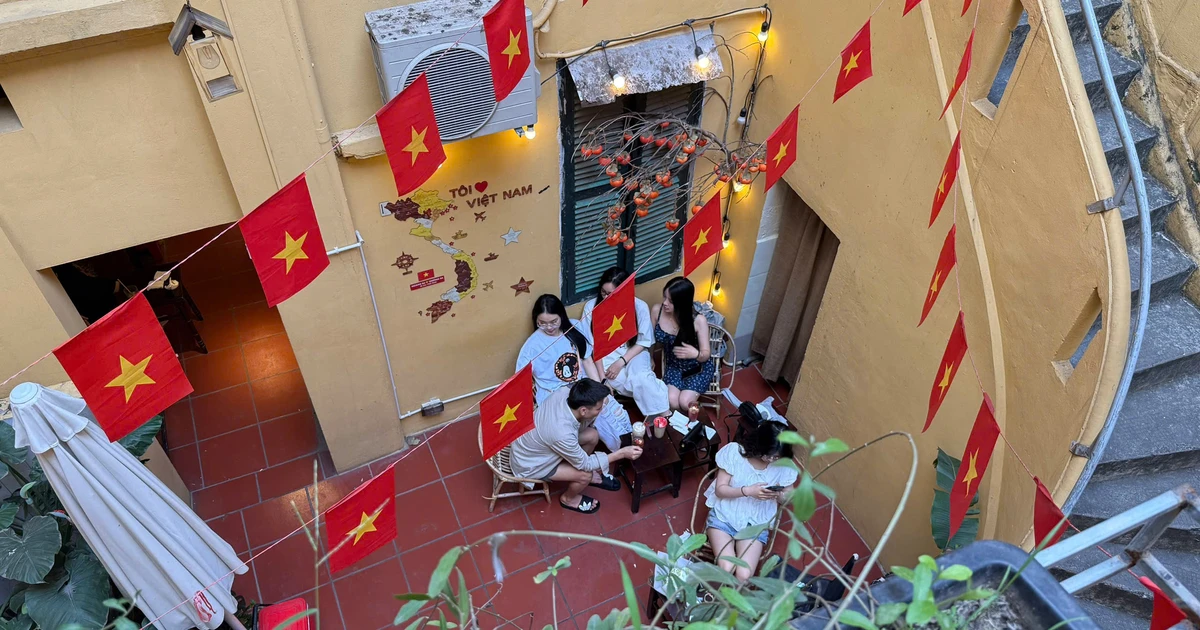
![[Photo] National Assembly Chairman Tran Thanh Man meets with Ethiopian Prime Minister Abiy Ahmed Ali](https://vstatic.vietnam.vn/vietnam/resource/IMAGE/2025/4/16/c196dbc1755d46e4ae7b506c5c15be55)
![[Photo] Opening of the 4th Summit of the Partnership for Green Growth and the Global Goals](https://vstatic.vietnam.vn/vietnam/resource/IMAGE/2025/4/16/488550ff07ce4cd9b68a2a9572a6e035)
![[Photo] Many practical activities of the 9th Vietnam-China border defense friendship exchange](https://vstatic.vietnam.vn/vietnam/resource/IMAGE/2025/4/16/3016ed3ef51049219574230056ddb741)




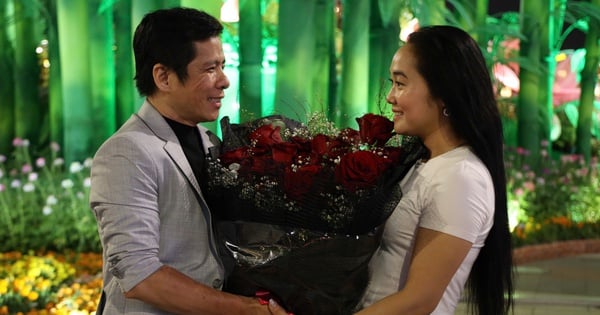






















![[Photo] President Luong Cuong meets 100 typical examples of the Deeds of Kindness Program](https://vstatic.vietnam.vn/vietnam/resource/IMAGE/2025/4/16/ce8300edfa7e4afbb3d6da8f2172d580)




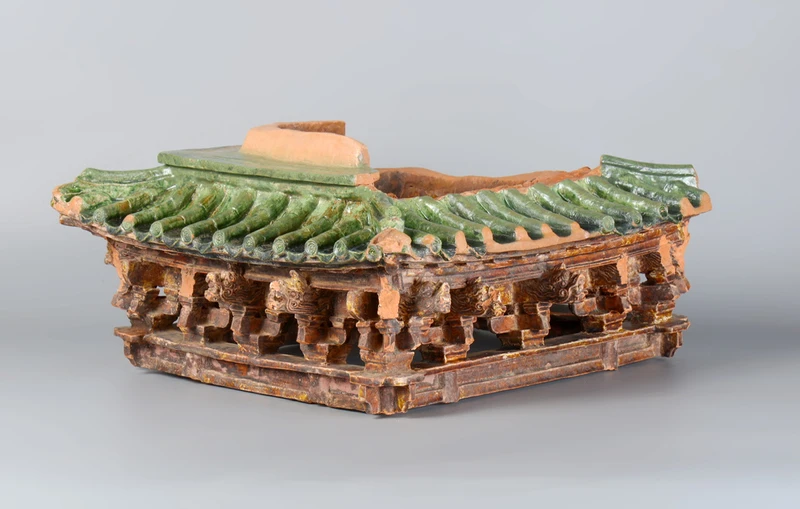


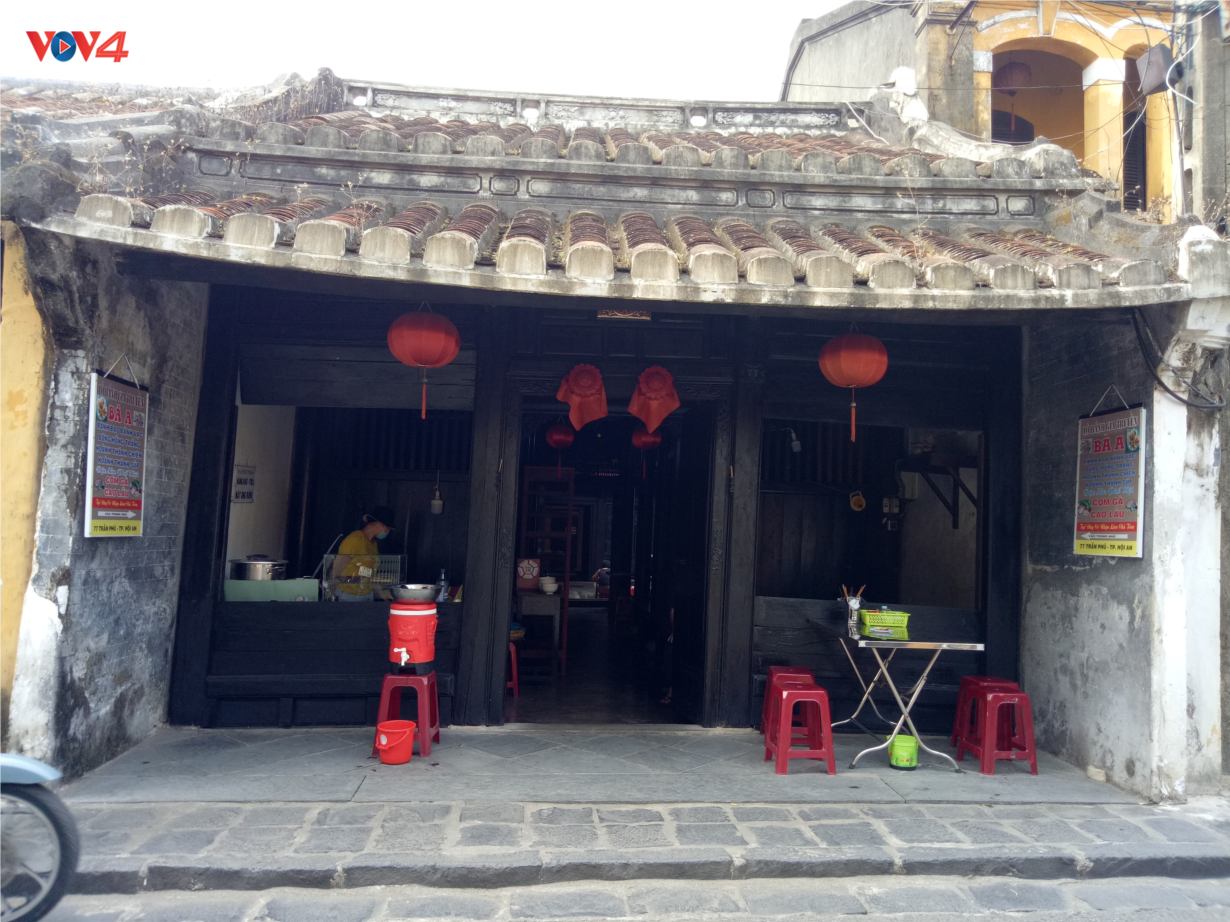




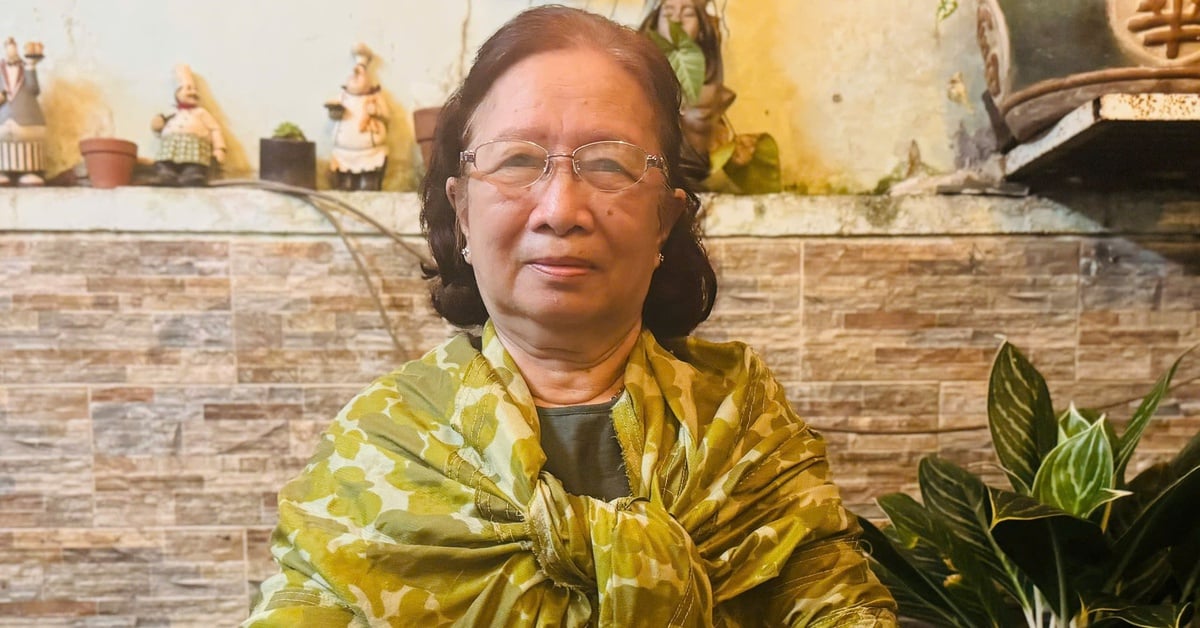
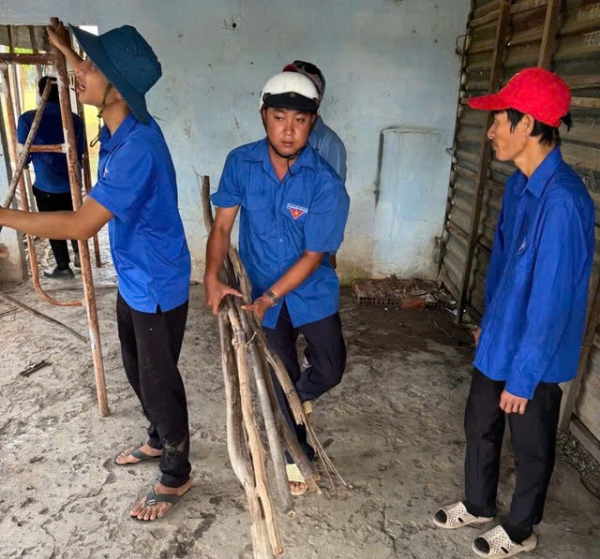
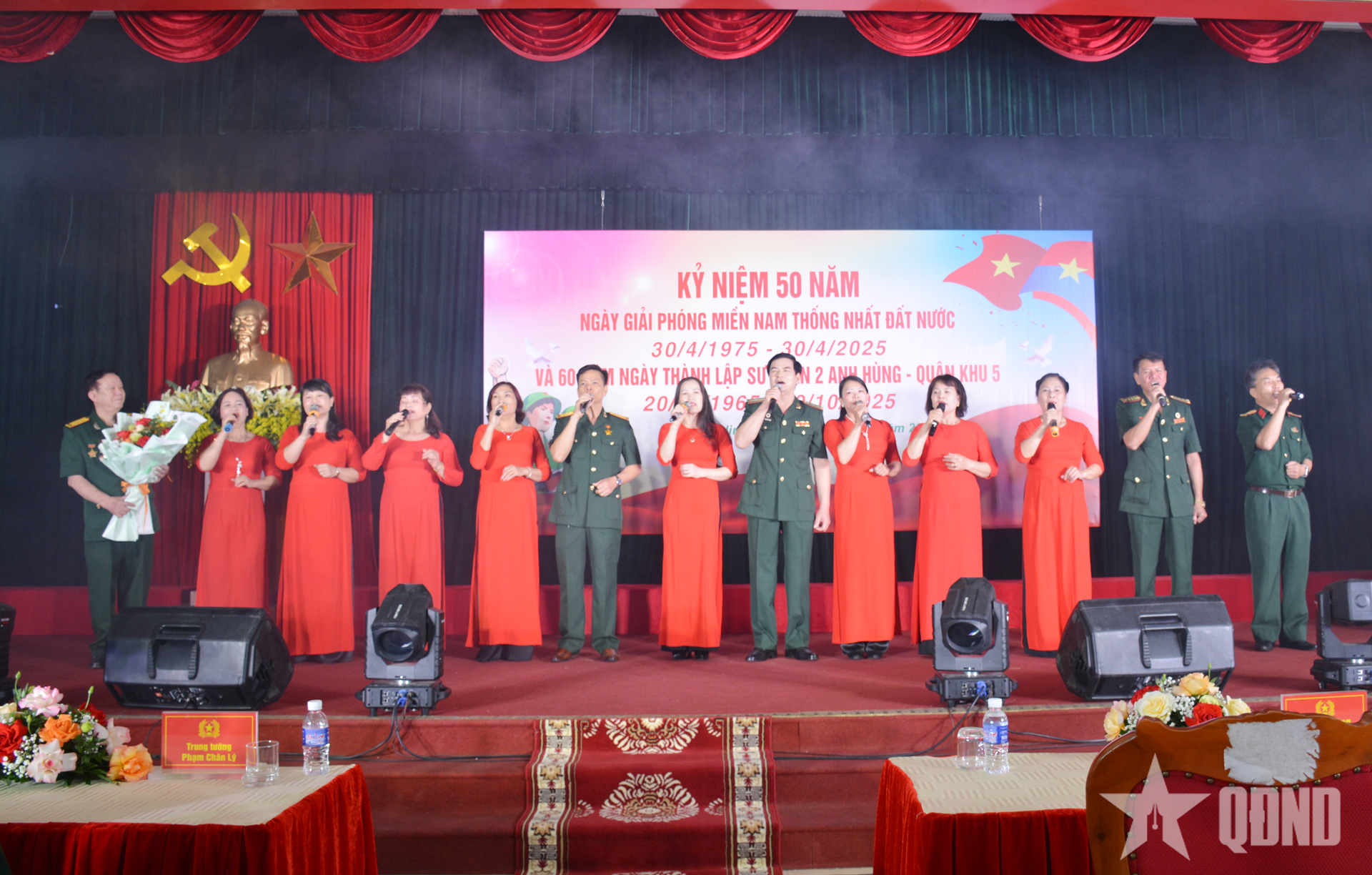














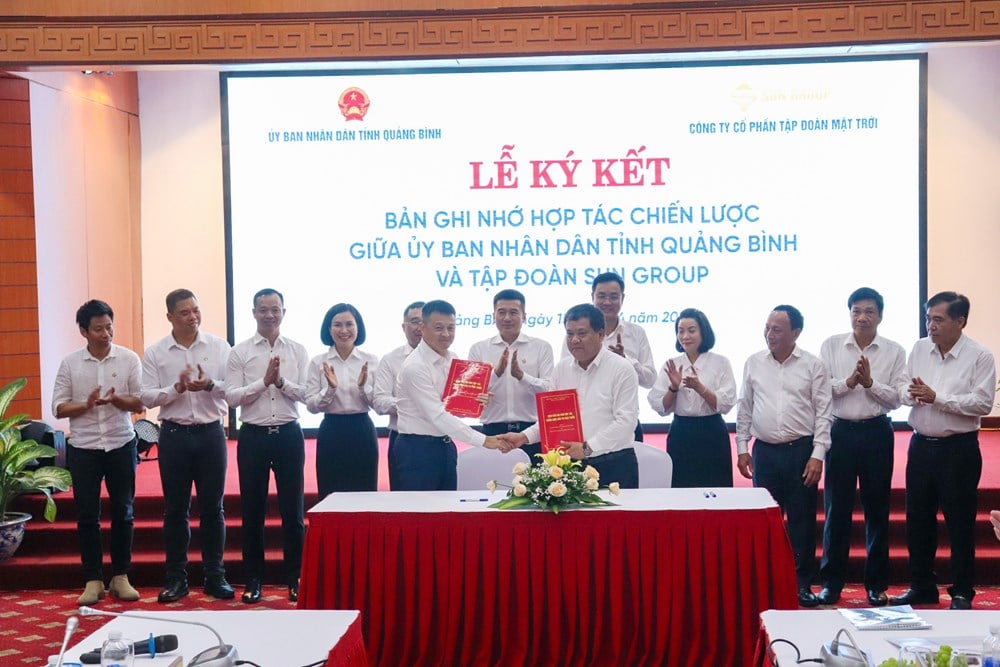



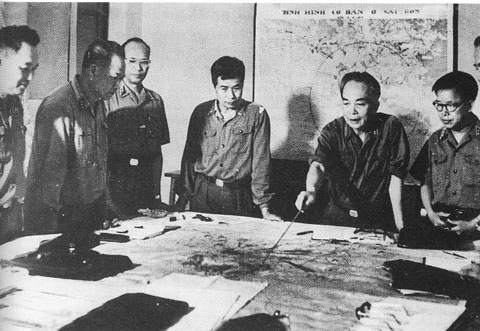


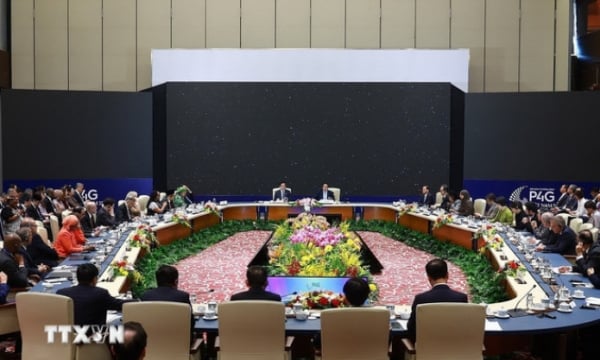



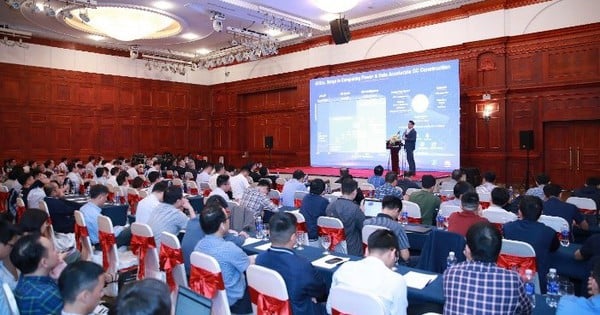


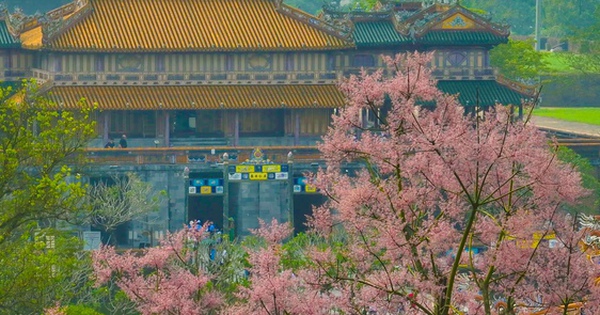

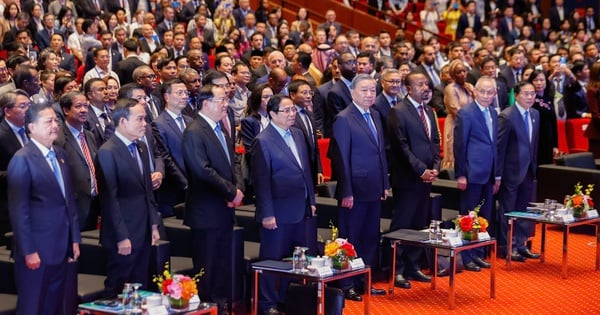

















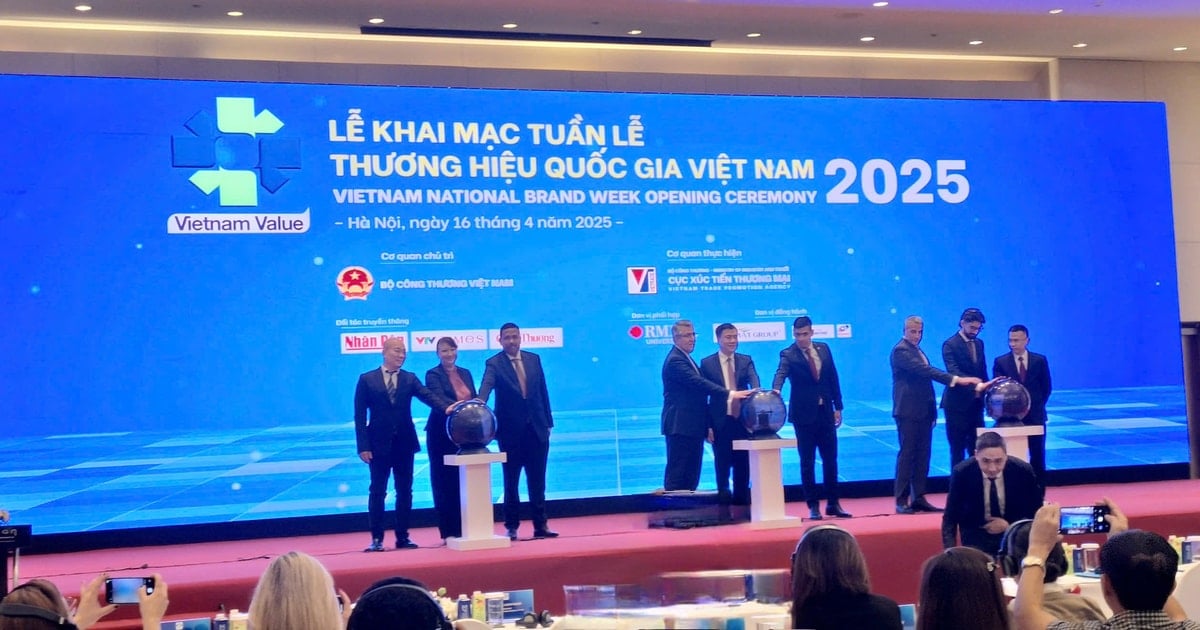

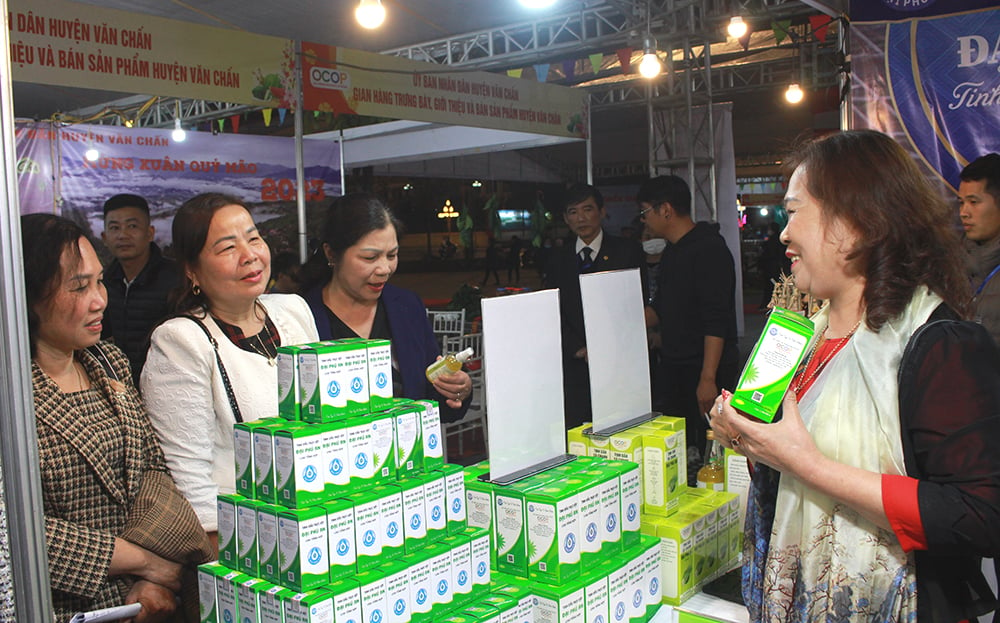

Comment (0)